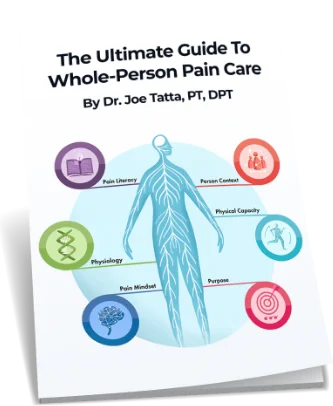Eating Right to Heal Chronic Pain: Nutrition Guidance in Physical Therapy Practice
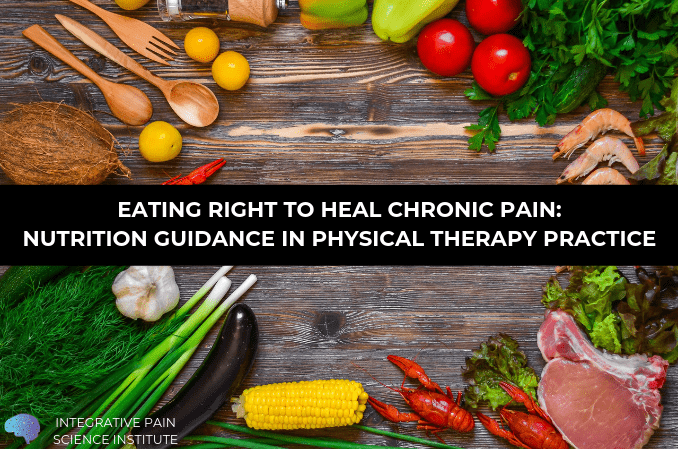
It’s 9 am and your patient just arrived at her first physical therapy session for chronic knee pain. She is a heavy but active woman. As she checks-in, she sets aside a 32 oz. soda cup and you realize that it will take more than some range of motion and resistance exercises to alleviate her […]
Nutritional Deficiency, Obesity, and Poor Eating Behaviors in Chronic Pain Patients Receiving Long-Term Opioid Therapy
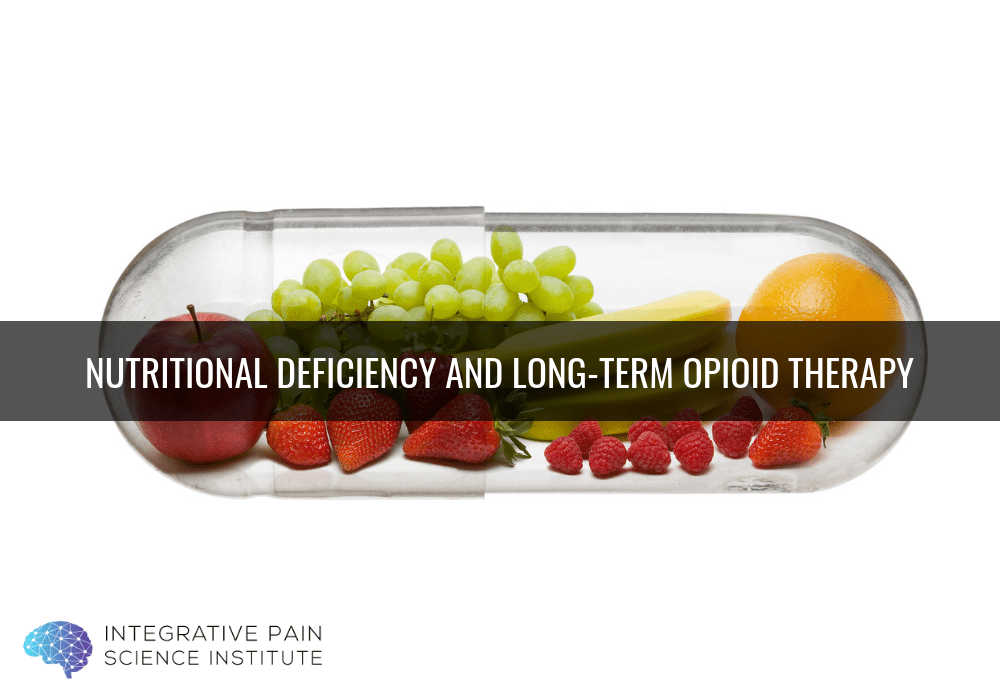
Are patients with chronic pain on long-term opioid therapy more likely to be overweight? To what extent are chronic pain, nutritional deficiency, poor eating habits, and obesity related? The field of nutrition has gained increased interest in medical circles over the last 20 years, as science continues to support the correlation between nutrition, diet and […]
Investigating 3 Common Forms of Gastrointestinal Pain
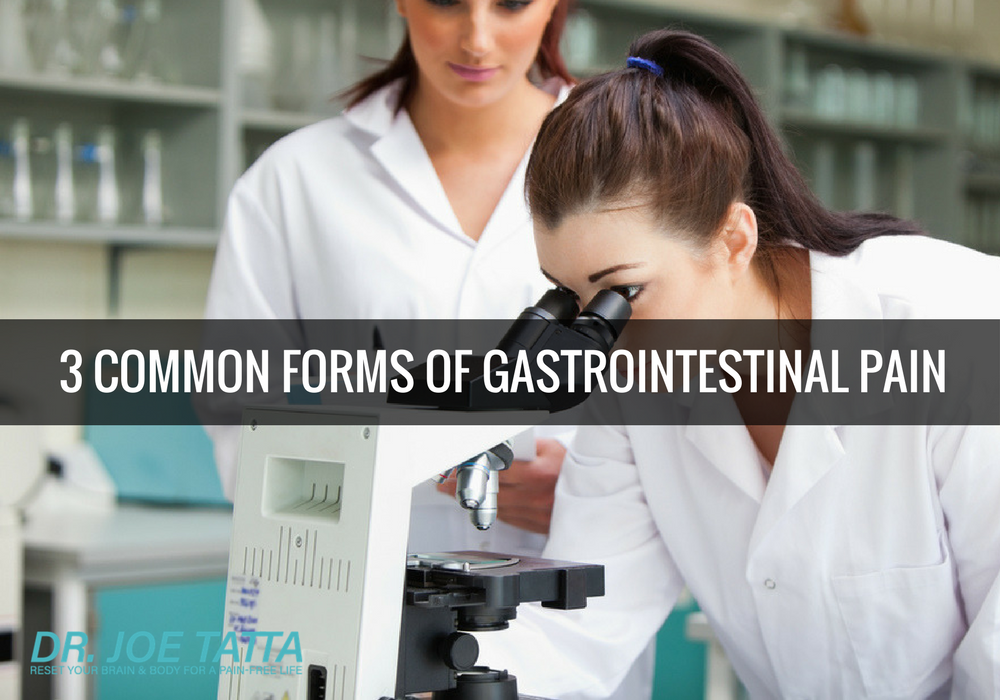
Because of the numerous ingredients that are contained in many of the foods today, it can be hard to track down the main culprit behind what may be causing your gastrointestinal pain and discomfort. Additionally, many people are unaware of how sensitive they are to certain foods (such as gluten). The gluten-free diet is something […]
5 Ways to Balance the Microbiome
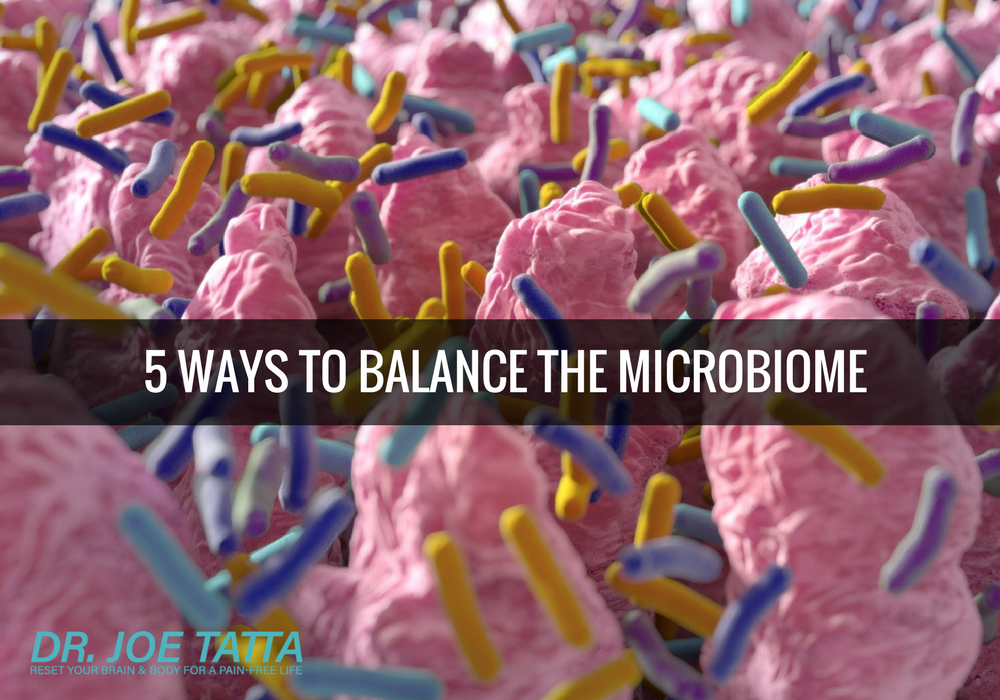
Do your joints and muscles continually ache throughout the day preventing you from enjoying the mobility you may have had before? Does your stomach feel like it is in knots after every meal due to gastrointestinal pain? You may receive prescription medications that help mask the pain you experience, but it seems like nothing you […]
How the Power of the Mind is More Effective Than Pills

You suffer from chronic pain and you don’t understand it. It came out of the blue and now you face a lifetime with an incurable burden. You may find your self-esteem affected, your friends and loved ones struggling to understand your pain and help you when they feel helpless. How can you find the relief you […]
Risk of Acute Myocardial Infarction and Real World NSAID Use

Research suggests that both traditional and selective COX-2 inhibitor NSAIDs can increase the risk of acute myocardial infarction. An instance of the heightened risk associated with prolonged NSAIDs use can be seen in the case of rofecoxib (Vioxx, Ceoxx, and Ceeoxx), which was withdrawn from the market in 2004 due to concerns about increased risk of myocardial […]
